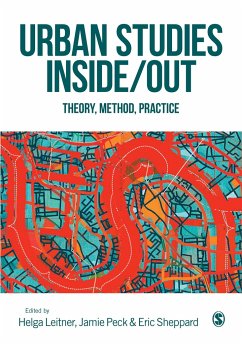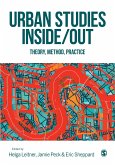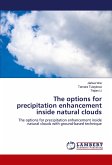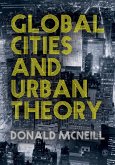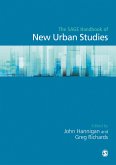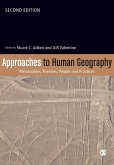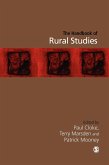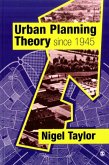At a time of intense theoretical debates in urban studies, the research practices underlying such theories have not received the same attention. This original and creative text interrogates the methodological underpinnings of contemporary urban scholarship, with reference to different global sites and situations, as well as to recent debates around postcolonial, planetary, and provincialized urban theories. Rather than reducing methodological questions to a matter of tools and techniques, it unearths the complex connections between theory, research design, empirical work, expositional style, and normative-ethical commitments.
Innovatively co-produced by faculty and graduate students from a variety of disciplines, Urban Studies Inside-Out it is comprised of three parts.
Part I: An introduction to the field of urban studies and its changing theories, methodological norms and practices. Part II: Features a collection of methodological essays co-authored by graduate students, deconstructing the research designs, the methodological practices, and the modes of presentation and representation across recent urban monographs. Part III: Consists of informative keyword primers which explicate the key concepts and formulations in the field of urban studies.
This volume offers a welcome intervention within urban studies, and stands to make a valuable contribution for graduate students and researchers.
Innovatively co-produced by faculty and graduate students from a variety of disciplines, Urban Studies Inside-Out it is comprised of three parts.
Part I: An introduction to the field of urban studies and its changing theories, methodological norms and practices. Part II: Features a collection of methodological essays co-authored by graduate students, deconstructing the research designs, the methodological practices, and the modes of presentation and representation across recent urban monographs. Part III: Consists of informative keyword primers which explicate the key concepts and formulations in the field of urban studies.
This volume offers a welcome intervention within urban studies, and stands to make a valuable contribution for graduate students and researchers.
A rare and generous effort of collaborative work between graduate students and professors, this book provides a road map to the complex reverse engineering of contemporary urban studies texts from a methodological perspective.
Raquel Rolnik is Professor of Urban Planning at the University of São Paulo.
Raquel Rolnik 20190827
Raquel Rolnik is Professor of Urban Planning at the University of São Paulo.
Raquel Rolnik 20190827

